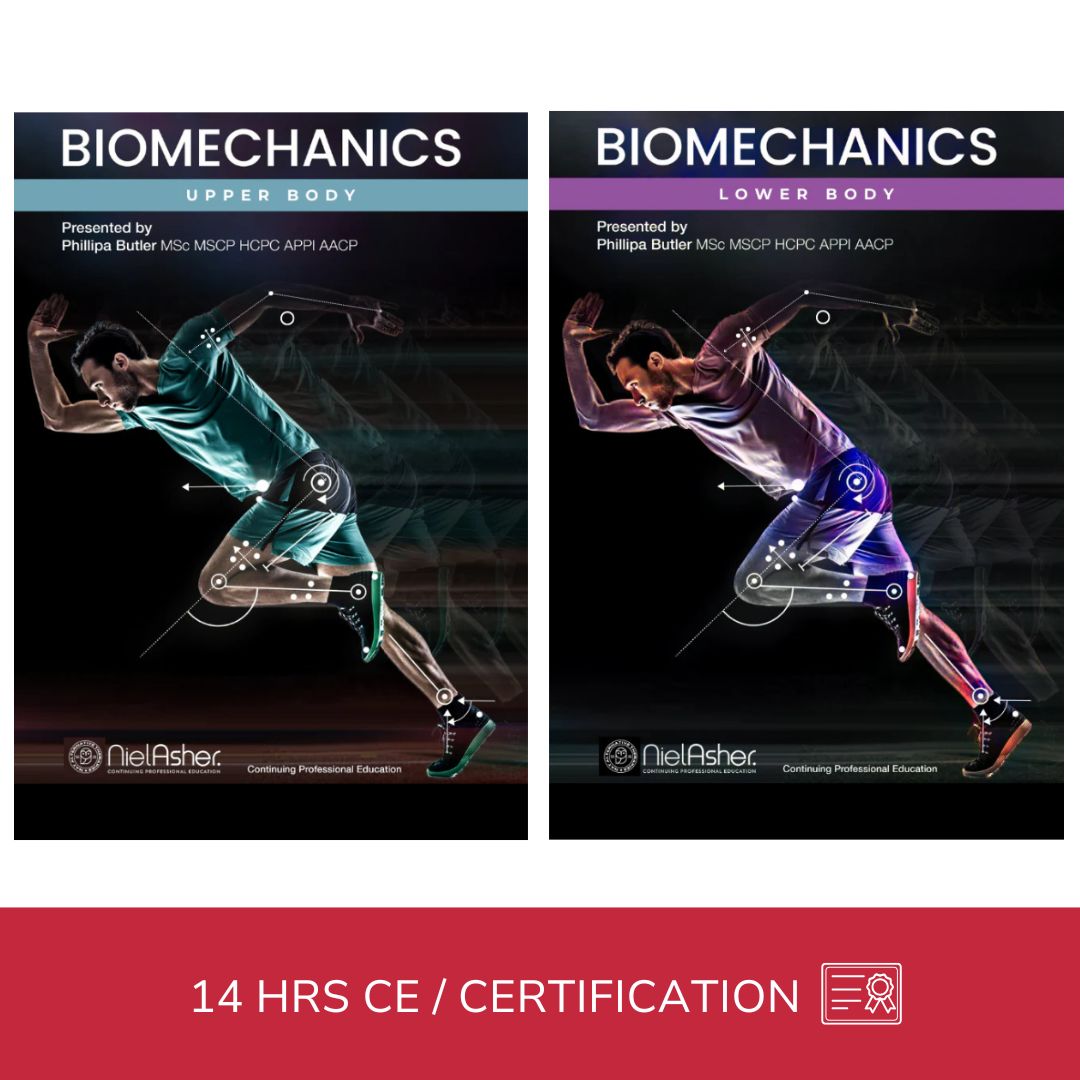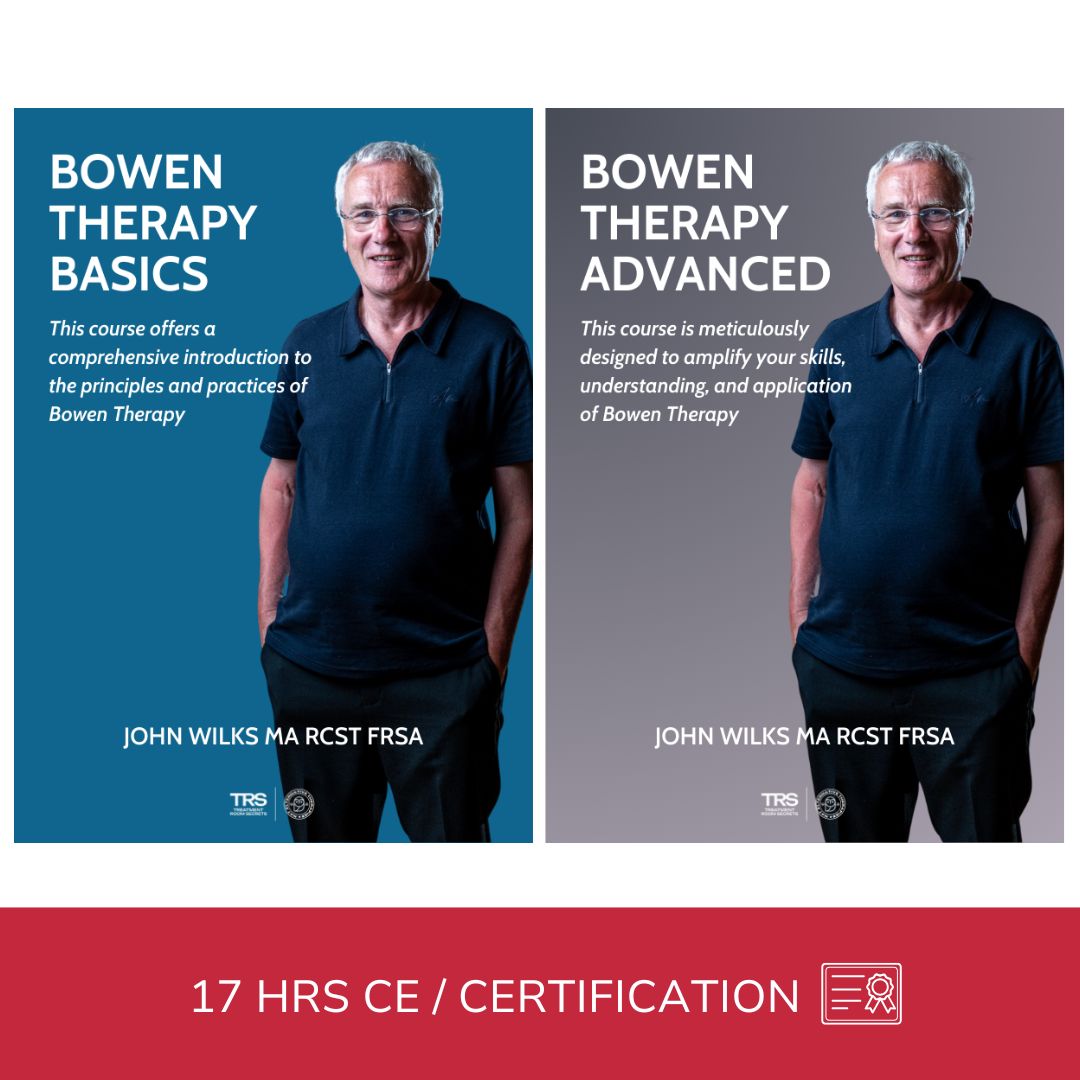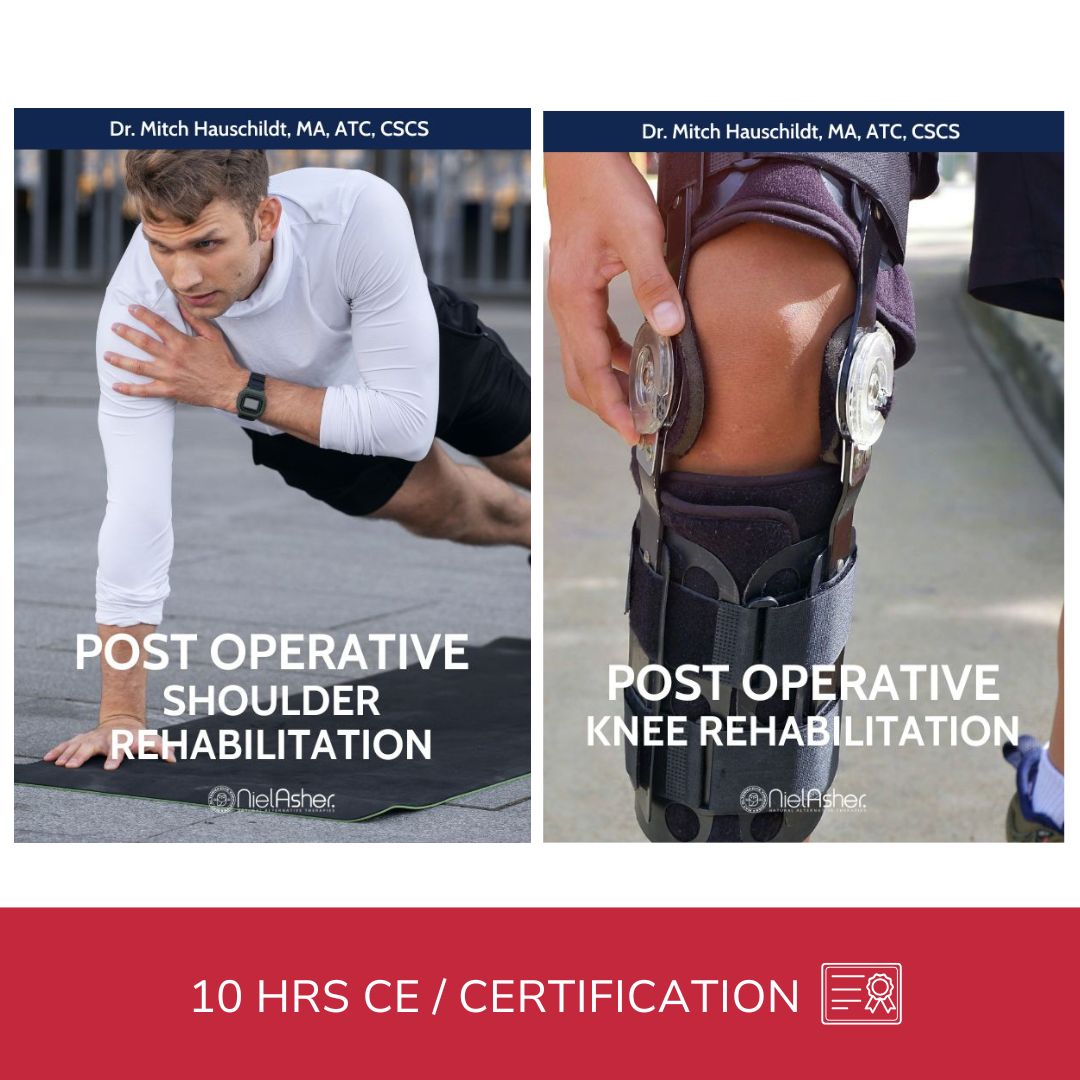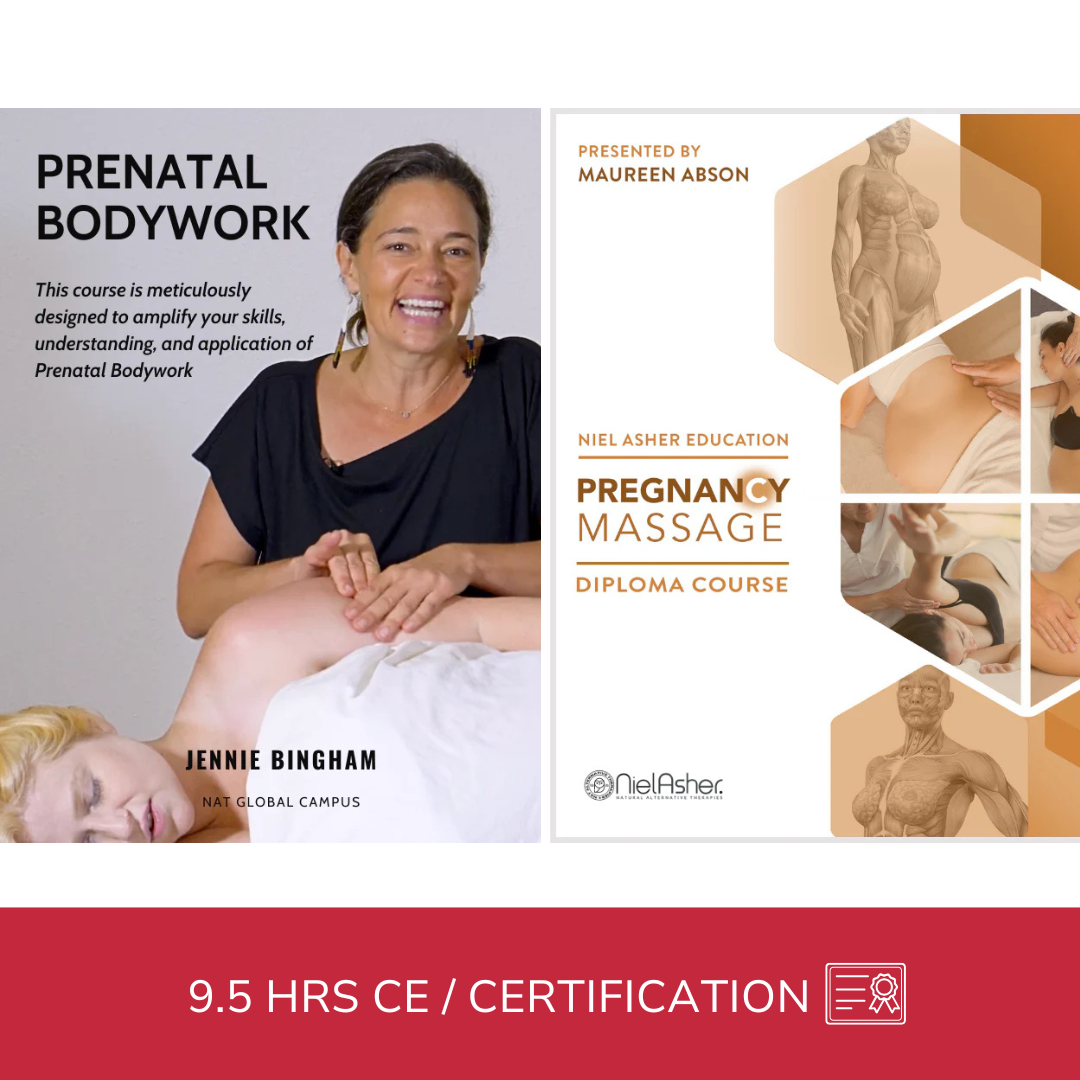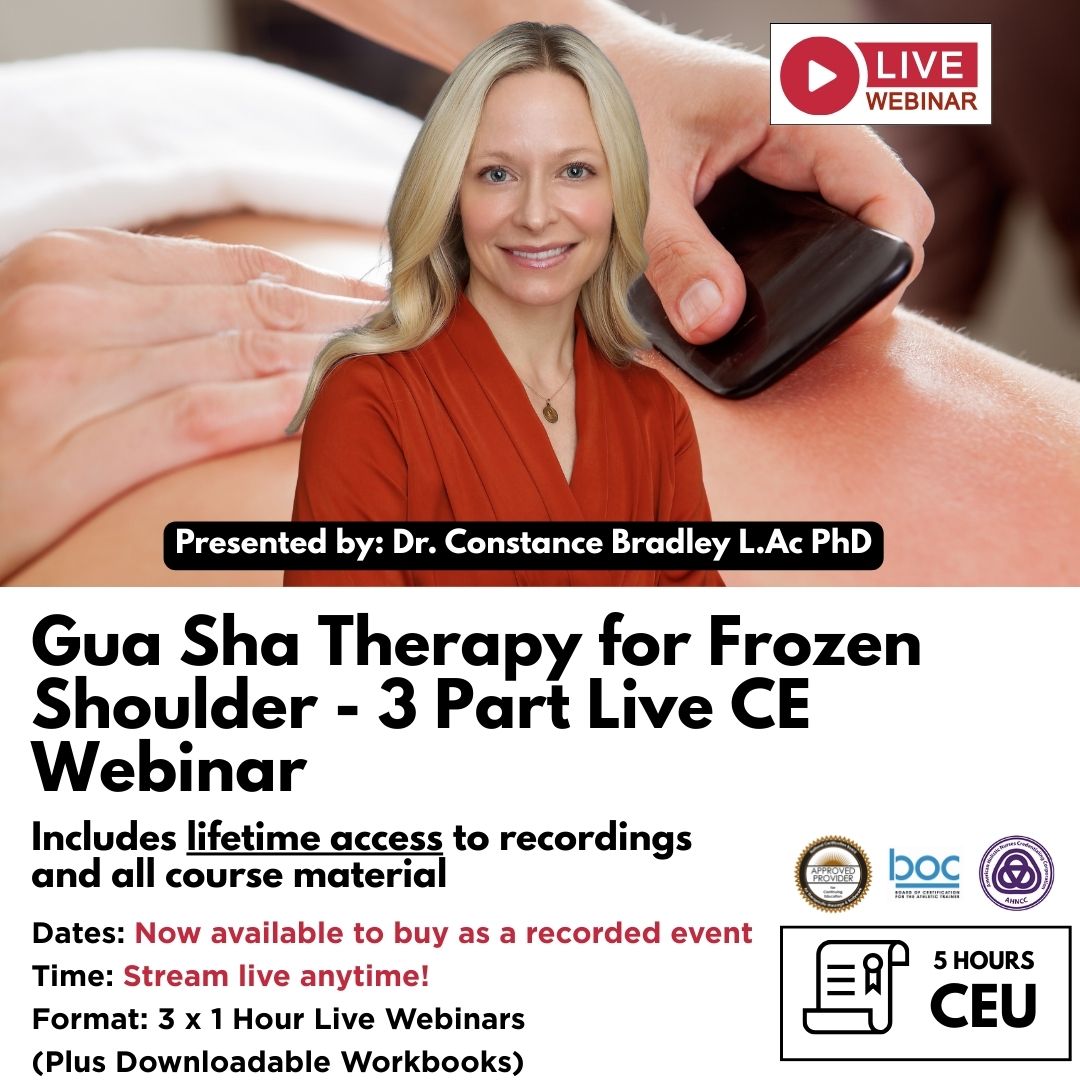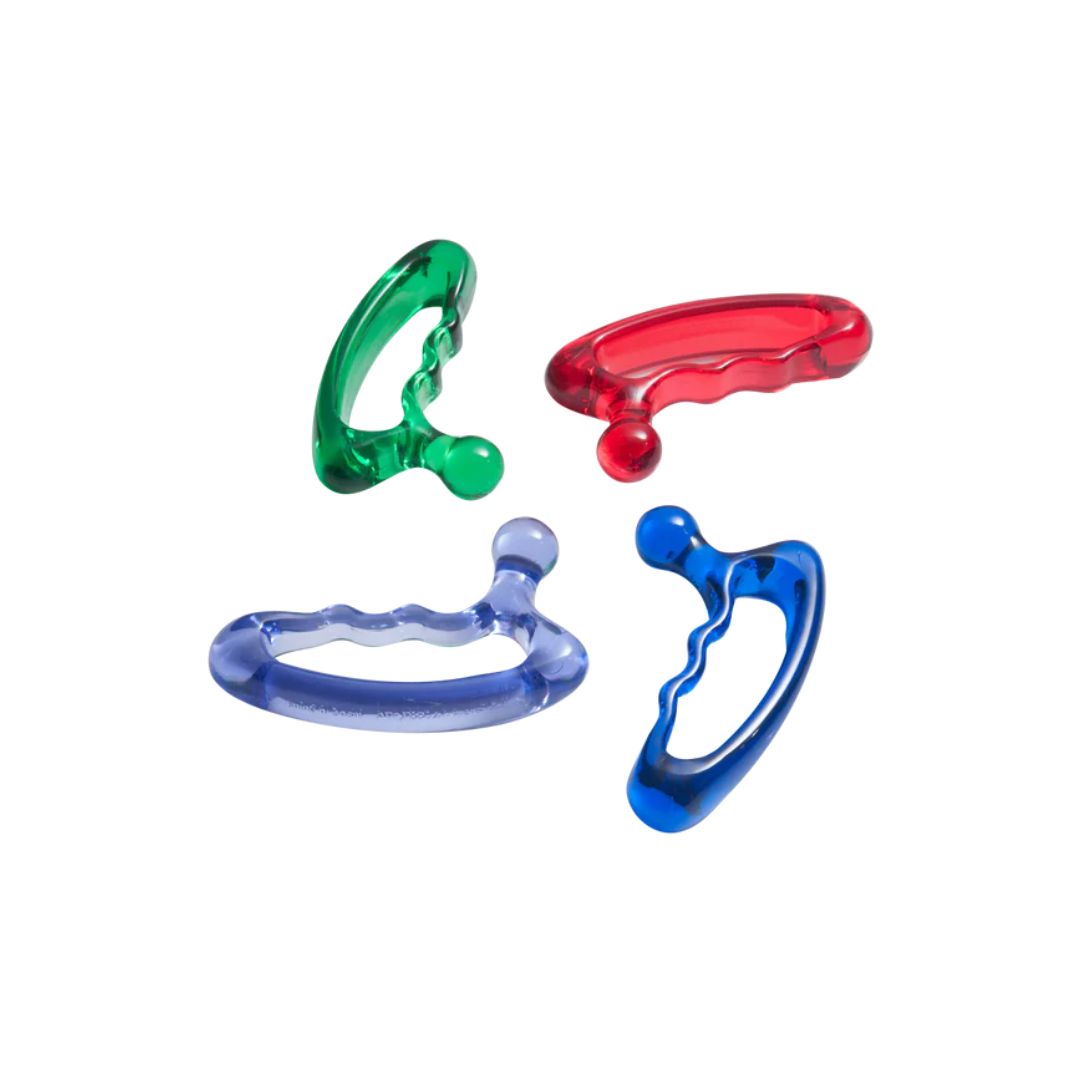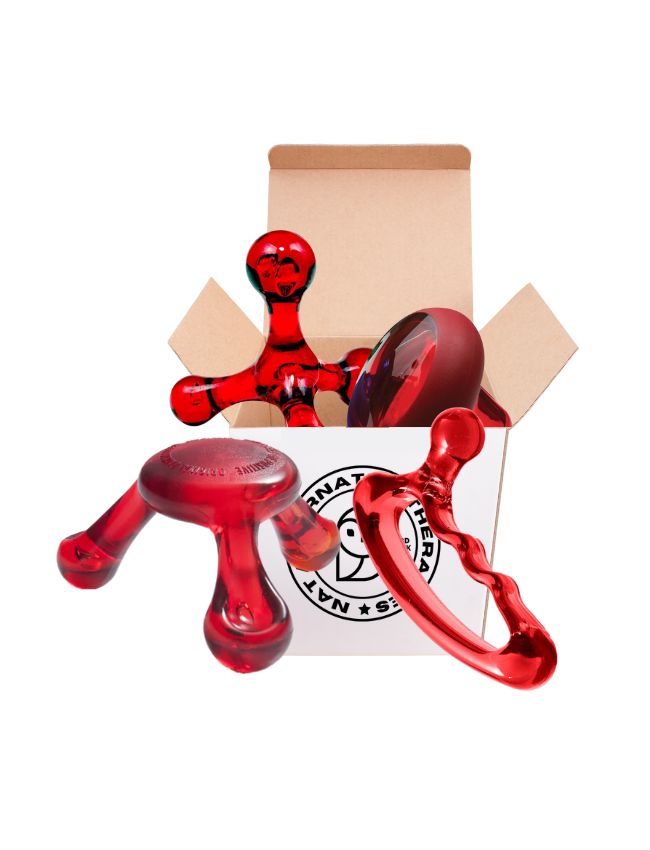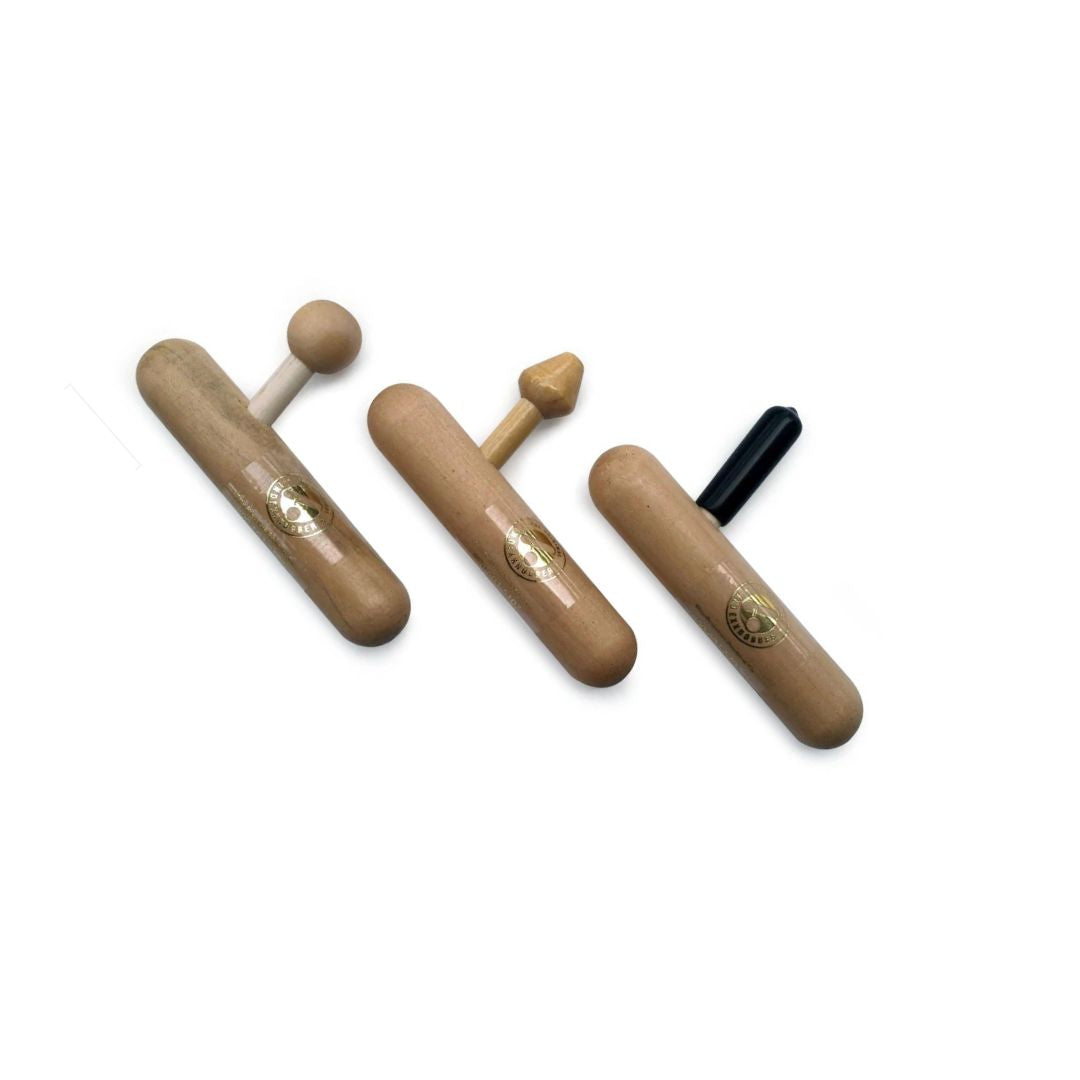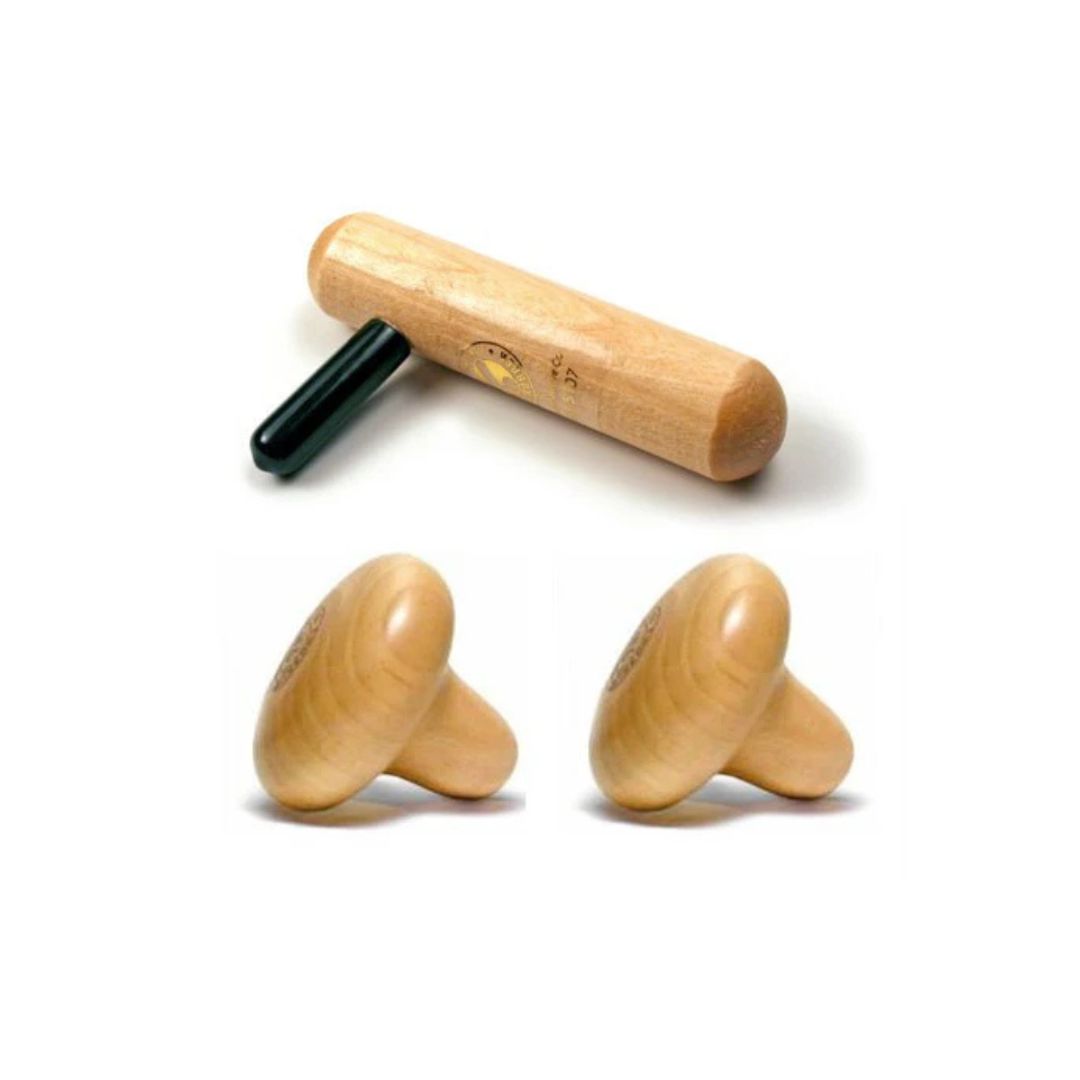Trigger Point Therapy - Non-Specific Lower Back Pain
Trigger Points in the Quadratus Lumborum are a frequent cause of acute lower back pain
Most episodes of LBP are self-limited, however, episodes do tend to become more frequent with age
LBP is most commonly due to repeated stress on the lumbar spine over many years (“degeneration”), although an acute injury may cause the initiation of pain.
Mechanical back pain may also result from trauma, posture, occupation, or overuse. As a rule morning pain would suggest some type of inflammatory process.
If the pain gets worse during activity or as the day goes on, this might indicate a muscular issue.
There is also a large body of research linking low back pain to emotional or psychological states (such as depression) and also to lifestyle issues such as lack of exercise, poor core stability and smoking.
Most acute mechanical episodes last less than six weeks - so if the pain hasn’t remitted after six weeks you should consider another underlying issue.
The most likely issues are a disc injury, facet issue, other underlying pathology (see below) and commonly, “trigger points”.

Simple Lower Back Pain (85%)
There are two main types of LBP, "Simple" and "Radiculopathic".
With Simple LBP which is by far the most common, the patient is typically aged between 20-55.
Pain is felt in the lumbosacral, buttock area or front/back of the thighs; it is a “mechanical” type of pain.
Mechanical pain tends to change with physical activity and/or throughout the day. General well-being is typically normal and the patient is otherwise healthy.
Simple LBP is highly associated with trigger points. In fact Dr. Bob Gerwin from the John Hopkins School of Medicine asserts that “up to 95% of mechanical LBP may be trigger point related.”
Radiculopathic LBP (5%-10%)
The vast majority of radiculopathic pain is from an injured or diseased disc (discopathic). Other structures such as osteophytes (extra bone growth) or spinal anomalies may also produce radiculopathic pain.
The pain is usually unilateral (one sided) and radiates into the leg. Characteristically, the leg pain is worse than the back pain. There may be numbness and or “pins and needles.”
On examination, there may be signs of nerve irritation such as positive sciatic or femoral nerve stretch signs (SLRT, etc.).
If severe or chronic, there may also be motor, sensory or autonomic skin (trophic) changes. Pain is usually limited to one nerve root.
Trigger Points and Low back Pain
Trigger points may develop in (spinal) muscles for a number of reasons including overload, under-load (poor conditioning), trauma, or even as part of the body’s protect and defense mechanism.
If untreated, trigger points may lead to a vicious cycle of lowered pain threshold (sensitization) and prolonged mechanical pain.
Trigger points can often be “left-over” from previously untreated or poorly managed episodes of back pain.
They can also build up over time to form larger clusters. This is why it’s so important to understand what trigger points are, and how to address them.
Diagnosis
When we are making a diagnosis we are making a “best guess” or a working hypothesis as to what is causing LBP.
We can improve our guesswork with a thorough examination, good case history and appropriate investigations.

The Good News
The good news is that 86% of LBP is non-specific which means it probably involves the discs, joints, ligaments and almost certainly, the muscles.
The chart above shows the breakdown of the percentages for back pain as it presents to healthcare practitioners (Gordon Waddell, 2004).
Most healthcare systems are reluctant to spend money on investigations for non-specific LBP.
Thankfully, this group of patients can be most improved by trigger point and other manual therapy techniques.
To get a more complete picture however, we need to peer a little bit into that remaining 14%.
Long Term Symptoms
If the pain persists for more than six weeks, is constantly intense, or is getting worse, it is important to seek further investigation.
Of the 14%, 10% is nerve impingement pain, which may be from discopathy, piriformis syndrome, post surgical scarring and/or radiculopathy.
A further 2% is from collagen disorders, spondylarthropathy (joint pathologies) or haematological (blood related) disorders.
The final 2% is from secondary (metastasis) or primary cancers, osteomyelitis and or vertebral fractures.
As the numbers show, these cases make up a tiny proportion of LBP cases, and LBP is so common that you should not panic at the onset of pain.
Links
Find a Trigger Point Professional in your area
Dry Needling for Trigger Points
Certify as a Trigger Point Therapist
About NAT Courses
As a manual therapist or exercise professional, there is only one way to expand your business - education!
Learning more skills increases the services that you offer and provides more opportunity for specialization.
Every NAT course is designed to build on what you already know, to empower you to treat more clients and grow your practice, with a minimal investment in time and money.
Help Desk
About Niel Asher Education
Niel Asher Education is a leading provider of distance learning and continued education courses.
Established in the United Kingdom in 1999, we provide course and distance learning material for therapists and other healthcare professionals in over 40 countries.
Our courses are accredited by over 90 professional associations and national accreditation institutions including the National Academy of Sports Medicine (NASM) and National Certification Board for Therapeutic Massage and Bodywork (NCBTMB). Full details of all international course accreditations can be found on our website.
Printed course materials and other products offered on our websites are despatched worldwide from our 3 locations in the UK (London), USA (Pennsylvania) and Australia (Melbourne).
More About Us
NAMTPT AWARD
We are honored to have received the "Excellence in Education" Award from the National Association of Myofascial Trigger Point Therapists.
Since 1999 Niel Asher Education has won numerous awards for education and in particular for education and services provided in the field of trigger point therapy.
Read Full Article
Award Winning Instructors
Niel Asher Healthcare course instructors have won a host of prestigious awards including 2 lifetime achievement honorees - Stuart Hinds, Lifetime Achievement Honoree, AAMT, 2015, and Dr. Jonathan Kuttner, MD, Lifetime Achievement Honoree, NAMTPT, 2014.
Meet the Instructors
Accreditation

If you are a qualified/licensed manual therapist or exercise/fitness professional you can expand your credentials with NAT certification.
In addition to national accreditation for continued education, each course that we offer includes "NAT Learning Credits". By taking and completing courses you can accumulate NAT credits to qualify for NAT certification.
There are currently 3 levels of NAT certification. Certifying NAT is a valuable way to show your clients that you take continued education seriously, and to promote your skills and qualifications.
Most of our courses are accredited for CE/CPD/CPE. A full list of CE accreditations can be found by clicking on the link below.
About NAT Certification
Niel Asher Technique
Since 1999 the Niel Asher Technique for treating trigger points has been adopted by over 100,000 therapists worldwide, and has been applied to the treatment of a number of common musculoskeletal injuries.
The Niel Asher Technique for treating frozen shoulder was first introduced and published in 1997 and has been widely adopted by therapists and exercise professionals working within elite sports and athletics.
Read More
International Students
Most of our courses are available as either "Printed" or 'Download" editions, wherever you live. Internet connection is required to access online and downloadable material.
When you purchase a download edition, you receive immediate lifetime access to all course material. Course texts can be downloaded and printed if required.
When you purchase a "Printed" edition, you will also receive free access to the download edition.
We ship Worldwide from locations in the USA, UK, and Australia. Most items are despatched within 24 hours and shipping is FREE for all orders over US$50.
Shipping
Where to Start?
We offer a range of over 50 courses, presented by some of the worlds leading manual therapists. All courses are reviewed annually, and new courses are regularly added.
Our courses are modular, and designed to build on what you already know. For more information, please visit our "Where to Start?" page.
Start Here
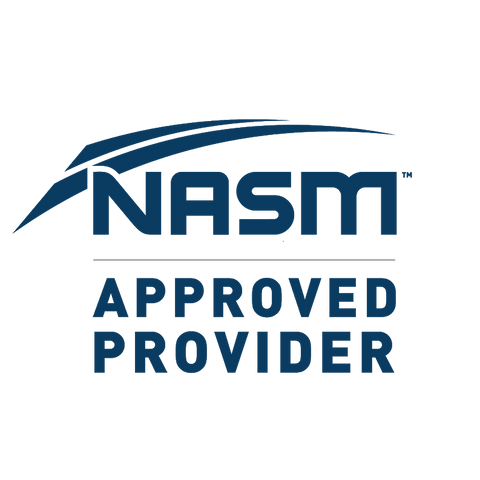
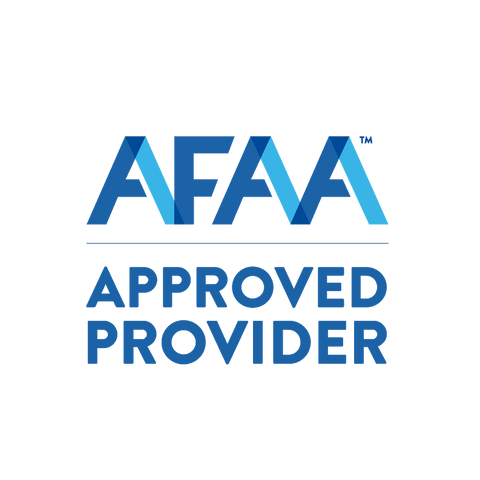
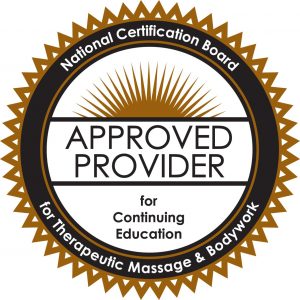
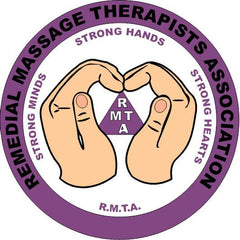

This trigger point therapy blog is intended to be used for information purposes only and is not intended to be used for medical diagnosis or treatment or to substitute for a medical diagnosis and/or treatment rendered or prescribed by a physician or competent healthcare professional. This information is designed as educational material, but should not be taken as a recommendation for treatment of any particular person or patient. Always consult your physician if you think you need treatment or if you feel unwell.
About Niel Asher Education
Niel Asher Education (NAT Global Campus) is a globally recognised provider of high-quality professional learning for hands-on health and movement practitioners. Through an extensive catalogue of expert-led online courses, NAT delivers continuing education for massage therapists, supporting both newly qualified and highly experienced professionals with practical, clinically relevant training designed for real-world practice.
Beyond massage therapy, Niel Asher Education offers comprehensive continuing education for physical therapists, continuing education for athletic trainers, continuing education for chiropractors, and continuing education for rehabilitation professionals working across a wide range of clinical, sports, and wellness environments. Courses span manual therapy, movement, rehabilitation, pain management, integrative therapies, and practitioner self-care, with content presented by respected educators and clinicians from around the world.
Known for its high production values and practitioner-focused approach, Niel Asher Education emphasises clarity, practical application, and professional integrity. Its online learning model allows practitioners to study at their own pace while earning recognised certificates and maintaining ongoing professional development requirements, making continuing education accessible regardless of location or schedule.
Through partnerships with leading educational platforms and organisations worldwide, Niel Asher Education continues to expand access to trusted, high-quality continuing education for massage therapists, continuing education for physical therapists, continuing education for athletic trainers, continuing education for chiropractors, and continuing education for rehabilitation professionals, supporting lifelong learning and professional excellence across the global therapy community.
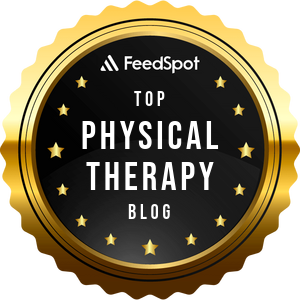
Continuing Professional Education
Looking for Massage Therapy CEUs, PT and ATC continuing education, chiropractic CE, or advanced manual therapy training? Explore our evidence-based online courses designed for hands-on professionals.



